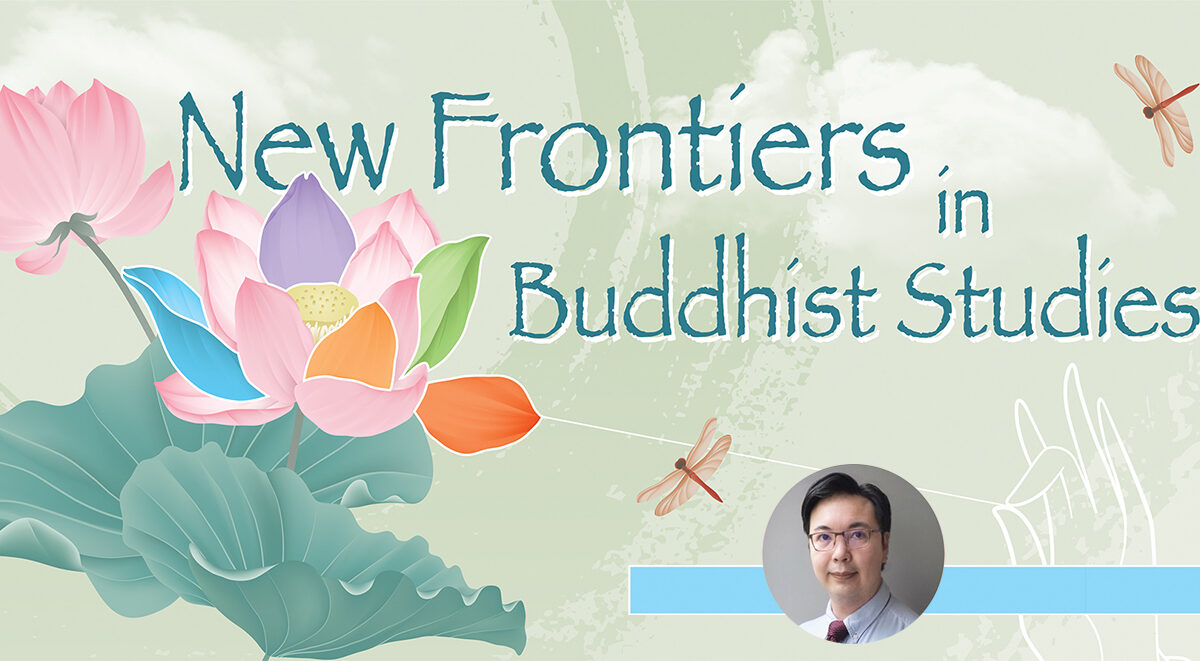“行政的中心、颠覆的边缘:藏医传统中神权与密教的互动”
徐家明(香港大学)
「佛学研究的新领域」讲座:第二场
日期:2020年11月27日
时间:6:30-8:00 pm (HKT)
讲座简介:
医学实践必须是有效的,并需要妥善管控,否则生命将受到威胁。在藏医传统中,随传统建立了严格的制度,以防止不称职的医疗行为给病人带来不良后果,并确保医学知识的正确传播。在17世纪藏医制度化之后,医疗实践被认为是佛教密教修行的一部分,因此被限定且高度概念化。秘密药物配方和具有特殊特性的物质经常被用来提高药效。功德,在佛教的世界观中被认为是精神精进,是修行人因为治疗病人而获得的,而相应的精神报应可能来自于未经授权或不合标准的密教医学实践。一方面,密教的严格规定确保医学实践达到高标准,并采取适当的安全措施。另一方面,这意味着医学被保留为精英知识,仅限于密教专家。疗愈行为服从于一个中央权威,未经批准的医疗的空间是狭窄的。本演讲考察了五世达赖喇嘛时期医书中所包含的限制。这些限制,是那些与密宗教义相关的典型,代表了甲布日医学院当局在第五世达赖喇嘛神权政权下控制医疗实践能力的一个重要组成部分。这堂讲座是「佛学研究的新领域」讲座的一部分。
关于演讲者:
 Dr. Tony Chui obtained his B.Sc. in Human Biology at the University of Toronto, following which he received his M.Phil. in Neurobiology from the Faculty of Medicine and a Master of Buddhist Studies from the Centre of Buddhist Studies at the University of Hong Kong. Pursuing his research into Tibetan modes of healing the ‘life-wind’ illness, he received his Ph.D. from the same University. As a project associate of the Institute for Social Anthropology at the Austrian Academy of Sciences and an honorary lecturer at the University of Hong Kong, his current research interests focus on the impact of religious worldview on the conceptualization and management of illness.
Dr. Tony Chui obtained his B.Sc. in Human Biology at the University of Toronto, following which he received his M.Phil. in Neurobiology from the Faculty of Medicine and a Master of Buddhist Studies from the Centre of Buddhist Studies at the University of Hong Kong. Pursuing his research into Tibetan modes of healing the ‘life-wind’ illness, he received his Ph.D. from the same University. As a project associate of the Institute for Social Anthropology at the Austrian Academy of Sciences and an honorary lecturer at the University of Hong Kong, his current research interests focus on the impact of religious worldview on the conceptualization and management of illness.

